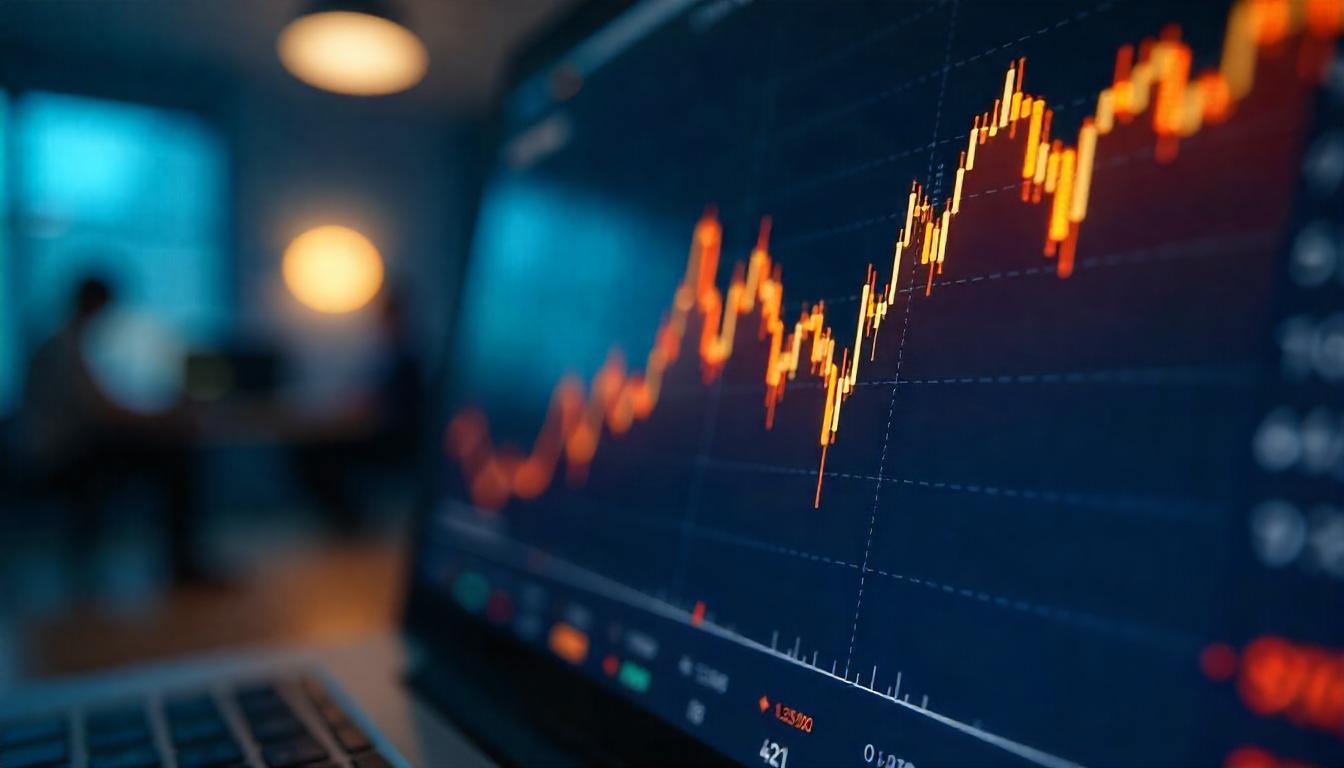Bitcoin Emerges as Market Anchor While U.S. Assets Lose Their Shine
Volatility Reversal Stuns Investors
Wall Street’s long-standing critique of bitcoin’s volatility is losing relevance fast. Since President Trump’s abrupt tariff hike announcement on April 2, the S&P 500’s seven-day realized volatility has soared from 50% to a staggering 169%, marking the most turbulent period since the 2020 pandemic crash. Bitcoin, in contrast, has seen its own volatility rise to just 83%, remaining far more stable than the benchmark U.S. index.
“This is a dramatic inversion of expectations,” said James Butterfill, Head of Research at CoinShares. “Investors now have to choose between politically sensitive traditional markets or a decentralized asset governed by math and code.”
Capital Flight From U.S. Markets
U.S. equities have taken a beating—down 14% in under two months—while Treasuries, once a bastion of safety, are now being aggressively sold off. The 10-year Treasury yield surged to 4.45% after rising 62 basis points in just a few days, while the U.S. dollar index dropped below 100, wiping out its entire Q1 rally.
“This kind of bond-yield spike alongside a falling currency is extremely rare for a developed economy,” noted analysts at Evercore ISI. “It signals a breakdown in confidence, something typically reserved for emerging markets.”
Bitcoin’s Safe Haven Pitch Strengthens
While traditional markets flounder, bitcoin’s steadier performance is earning it new credibility as a portfolio hedge. Butterfill highlighted that bitcoin’s volatility now trails the S&P 500 not only on a weekly but also on a 30-day basis.
“This flips the old narrative. Bitcoin isn’t the wild card anymore—equities are,” he added.
Diminishing Appeal of the Dollar
With policy uncertainty clouding the U.S. economic outlook, foreign investors are beginning to look elsewhere. The dollar’s weakness, coupled with rising bond yields, reflects the evaporation of U.S. market exceptionalism.
“In just the past week, we’ve seen capital flowing out of dollar-based assets,” Evercore noted. “That’s a clear vote of no confidence.”





